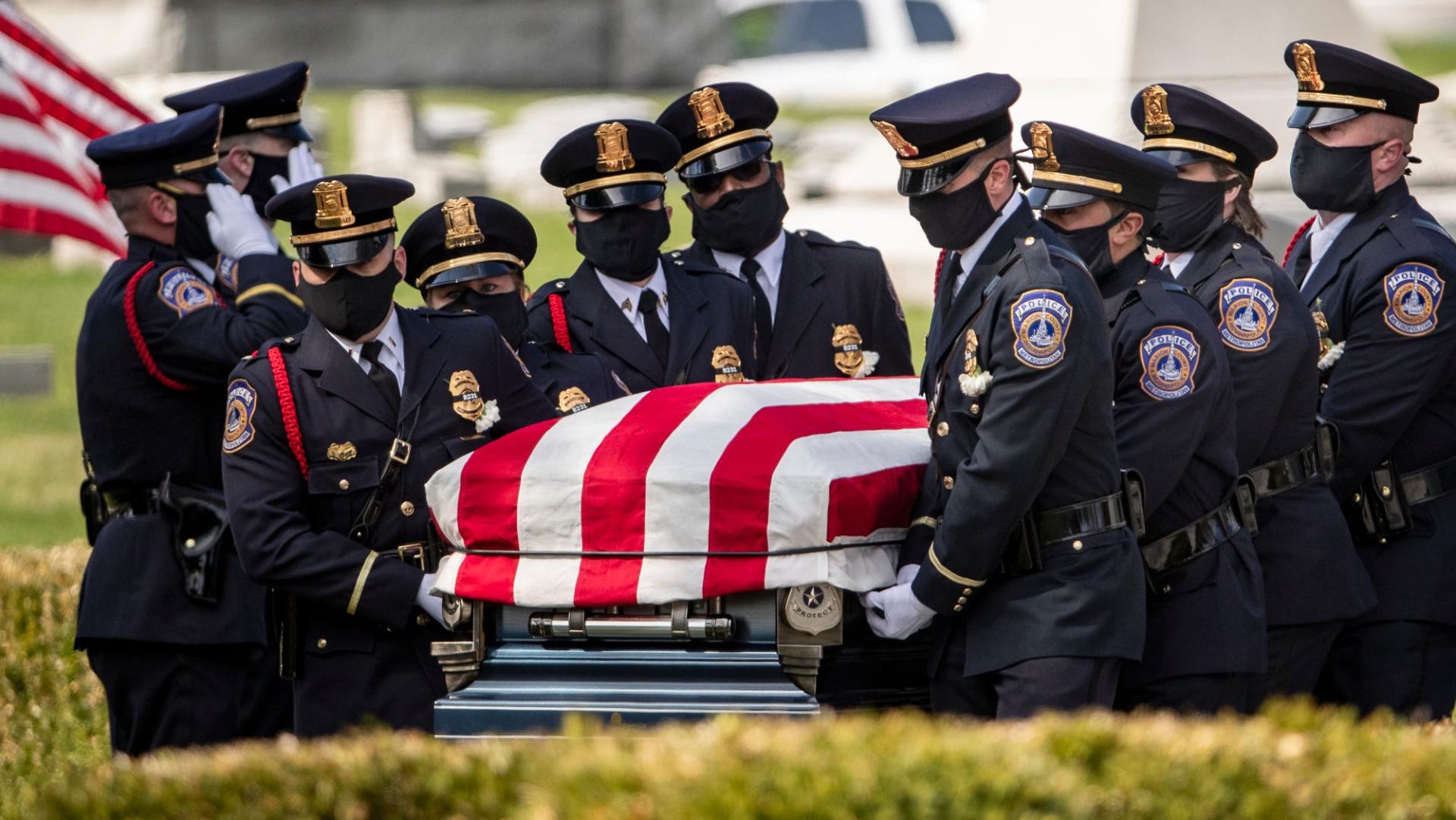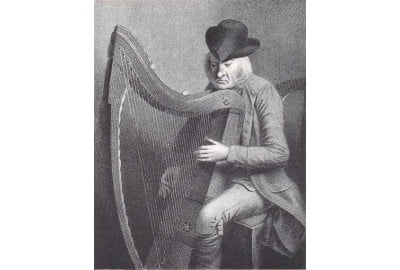Danny Boy - The Secret History of the Beloved Song
Now nearly synonymous with Irish and Irish American culture, the song Danny Boy has become one of the most popular songs of all time. It’s hard to imagine a time before the tune was a household name. And yet most people have no knowledge of the song’s origin - a lineage rooted in Irish history and culture.
The tune that would become Danny Boy seems to have begun as a traditional air called Aislean an Oigfear ("The Young man's Dream").
In 1792, the music chronicler Edward Bunting heard it performed at the Belfast Harp Festival by a then-renowned musician named Denis Hempson. Bunting published his transcription of the tune in 1796.
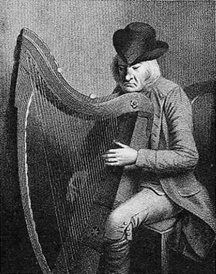
Now, keep in mind that melodies and song lyrics often develop completely separately. And it’s of course not uncommon for tunes to be repurposed for new songs. For example, the tune for God Save the King was borrowed for "America (My Country, 'Tis of Thee)
So, the very first lyrics we know were sung to the melody of The Young man's Dream were a song titled "The of Devorgilla", also known as "Oh Shrive Me, Father"
It’s not a bad little ditty, but you can see how it became quickly dated. Over the next sixty years or so, the Young Man-Shrive Me tune faded from most people's memory. A variant of it would next surface in County Londonderry in northern Ireland.
Here, an amateur collector and transcriber of unpublished music named Jane Ross made a unique discovery. Ross worked on behalf of the Society for the Preservation and Publication of the Melodies of Ireland. She spent her time exploring the towns and villages of her county seeking out musicians and their music. One day, while out and about by sheer chance she heard a street performer playing something unique. She immediately wrote the music down and submitted it to the Society. Since no title could be attributed to the music, the Society simply called it ‘Air from the County of Londonderry’ or simply ‘The Londonderry Air’.
Various theories have emerged trying to explain what the Londonderry Air was originally called. The prevailing thought takes us back to the story of Denis Hempson. Hempson had actually lived quite close to Ross’s home. As a local artist, he would have been known for the popular and similar-sounding song The Confession of Devorgilla.
However, Confession is written in 3/4 time while the Londonderry Air is in 4/4 time. It is widely believed that Ross simply transcribed the song incorrectly. Regardless of the origins, the tune stuck and became the melody for numerous songs across the 19th century.
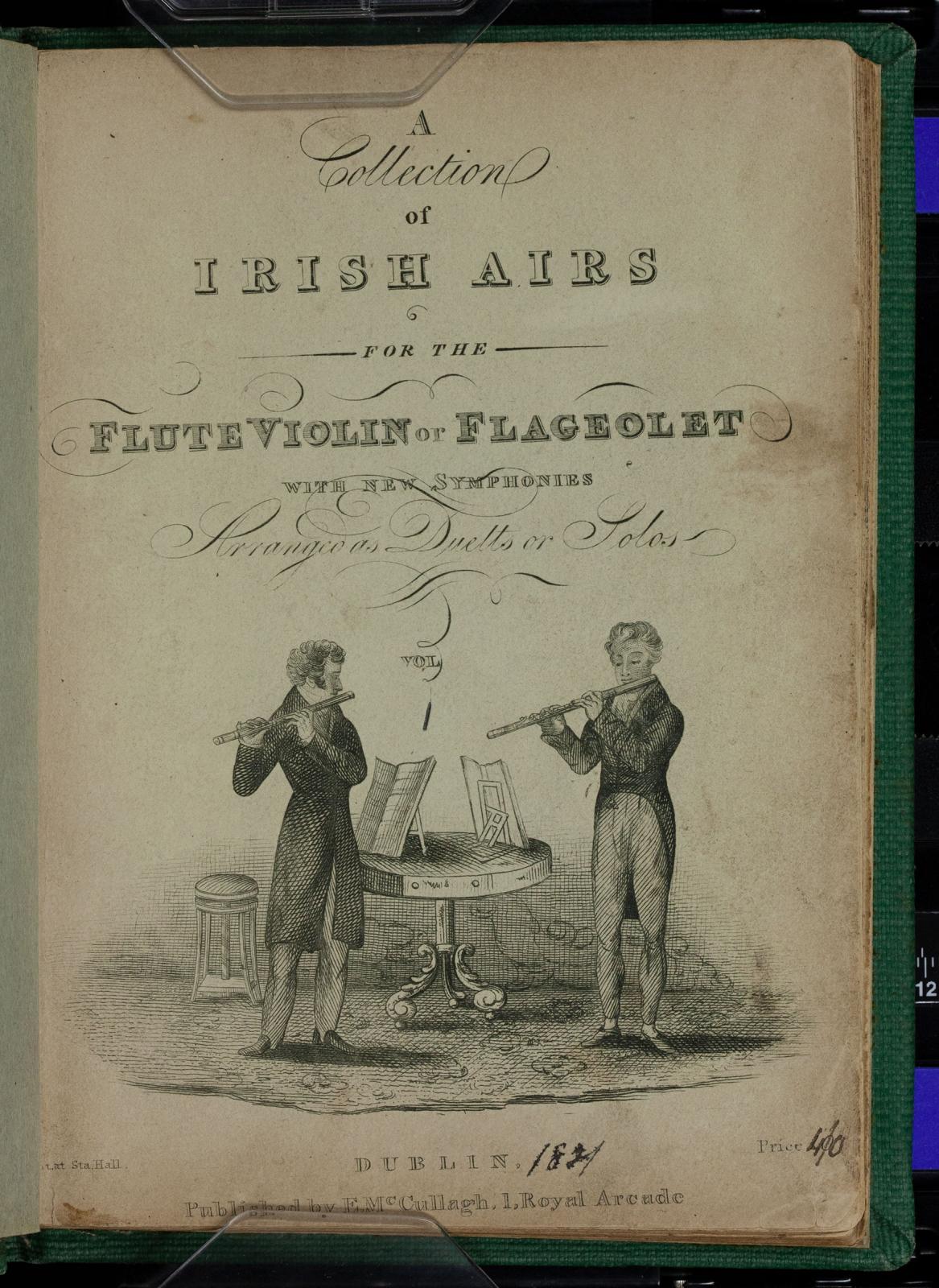
The Lyrics of Danny Boy Carry a Special Feeling
The famous lyrics of "Danny Boy" were penned in 1910 by an English lawyer and lyricist named Frederic Weatherly who lived in Bath. It's a bit ironic that the unofficial anthem of Irish culture was invented by an Englishman, but it seems his heart was very much in the right place.
Weatherly had initially used another traditional tune for his new song but it never really caught on. However in 1913, Weatherly’s Irish-born sister-in-law Margaret Enright Weatherly, then living in America, sent him a copy of the Londonderry Air.
An alternative version of the story says Margaret sang the tune to him, with different lyrics, in 1912. Either way, Margaret gets the credit for fusing together what would become one of the most popular songs in history.
The newly-minted Danny Boy was first given by Weatherly to a popular opera singer and vocalist, Elsie Griffin. During World War One, Griffin performed for British troops stationed in France. Griffin’s stunning voice coupled with the emotional lyrics really hit these young, homesick lads hard. It was an instant smash and suddenly everyone wanted to perform it.
In 1915, the Austrian-born opera singer Ernestine Schumann-Heink would be the first to put Danny Boy on wax.
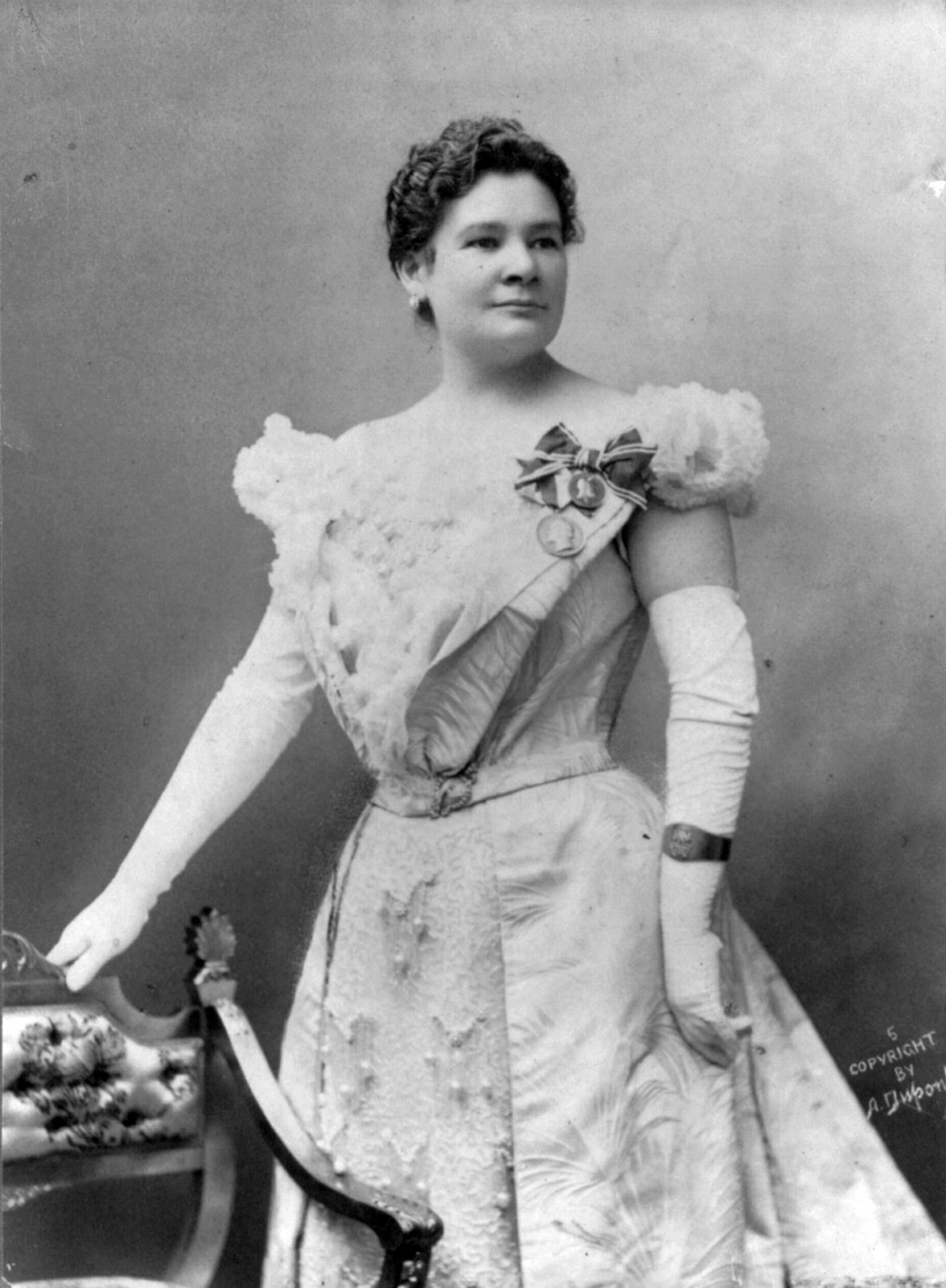
So What Do The Lyrics of Danny Boy Mean?
This has been a subject of debate for decades. No one is exactly sure what Weatherly intended and he never gave any indication towards their true meaning.
One popular interpretation is that it’s a message from a parent to a son going off to battle. This idea is supported by the reference to "pipes calling glen to glen", though the image of war pipes rousing the locals to action is usually more associated with Scotland, not Ireland.
Another theory is that the song is about a loved one leaving for America as part of the Irish diaspora. Who exactly is singing? Most people interpret it to be a parent but it is unclear whether this was Weatherly's own intent.
For instance, an alternate set of lyrics has been found on a piece of sheet music from 1918. These alternate lyrics for a version titled “Eily Dear” include the note that “when sung by a man, the words in italic should be used; the song then becomes ‘Eily Dear’, so that ‘Danny Boy’ is only to be sung by a lady”.
This notion heavily supports the theory that the song was really just a general lament for a lost loved one. However, this lyrical twist seems more likely to have been a publisher’s idea rather than part of the original work. A way to make the music more accessible to the sheet music buying public.
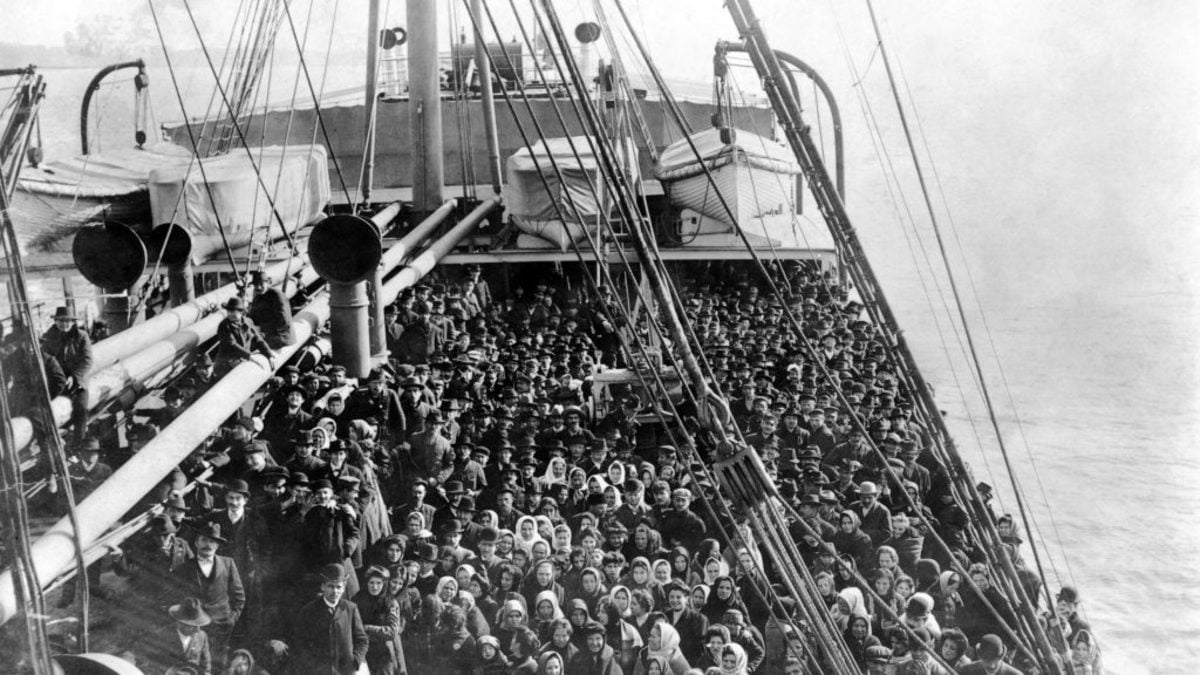
Why Has Danny Boy Been Covered By So Many Artists?
Danny Boy’s flexibility makes it relatable to anyone and that’s the secret to its success. It’s been rendered in almost every genre. And covered by some of the most popular artists of all time with minimal (if any) changes to the original lyrics. The list includes Mario Lanza, Bing Crosby, Glenn Miller, Judy Garland, Elvis Presley, Shane MacGowan, Harry Belafonte, Thin Lizzy, Patti LaBelle, Carly Simon, Tom Jones, and Harry Connick Jr. Oh, and then there’s one of my personal favorites - the Muppets.
With all these recordings, it’s easy to see why some people actually loathe the song. It has become on the one hand an anthem, on the other hand a cliche. That’s what mega-popularity will do. But there’s one man who can show us just why this song made it so big. That man being the one and only Johnny Cash.
The Man in Black recorded Dany Boy twice in his career. Once on his 1965 album Orange Blossom Special. And then again on American IV in 2002. In the first instance Cash seems to be sweetly nostalgic, thinking of his own father who fought in World War One. On the later recording, Cash, who knew he was nearing the end of his own time, turned Danny Boy into a mighty hymn for all of us. What other song has that kind of power?
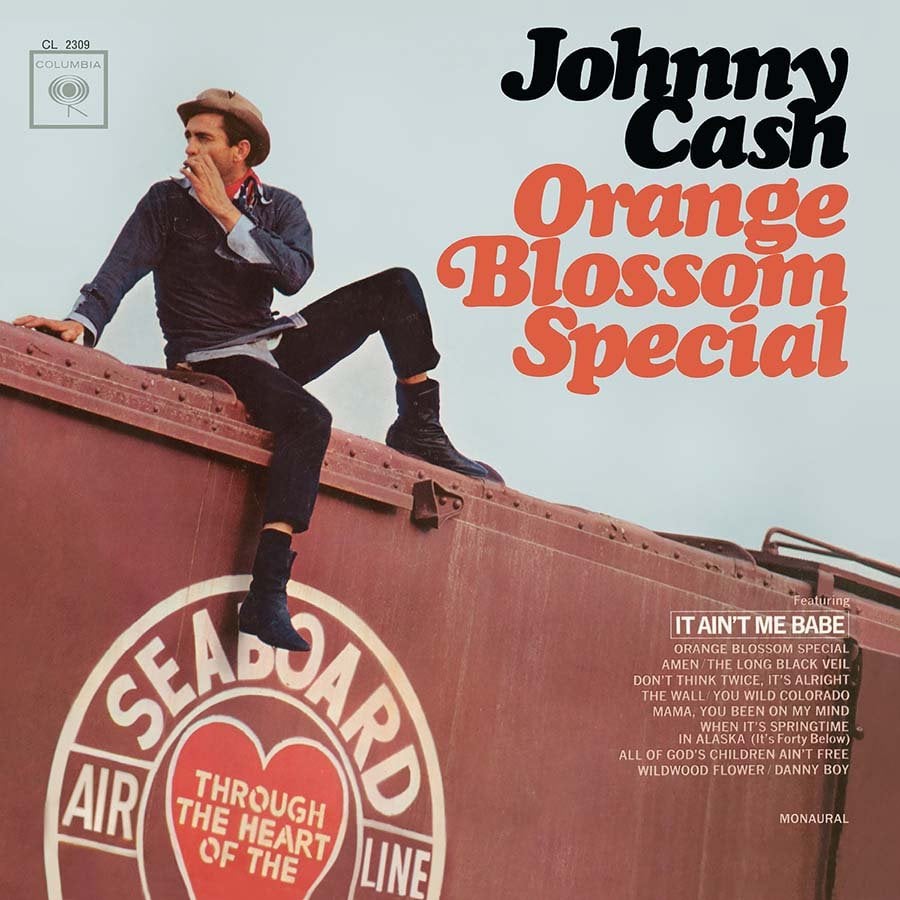
Danny Boy is definitively the unofficial anthem of Irish Americans and Irish Canadians. The song remains a popular bagpipe tune and is widely played at funerals, second only to Amazing Grace. It’s especially noticeable in public memorials for police and firefighters, those service careers so synonymous with Irish American history.
Somewhat ironically, the secular song’s popularity has prompted many Catholic dioceses in America to ban it from being sung during mass. The greater take-away is the world respects Danny Boy. So much so that Ireland had it performed by a choir for the 2012 Olympics. Clearly, this healing song that touches our hearts with its direct sincerity will be with us forever. Even as we must part with so much else.
